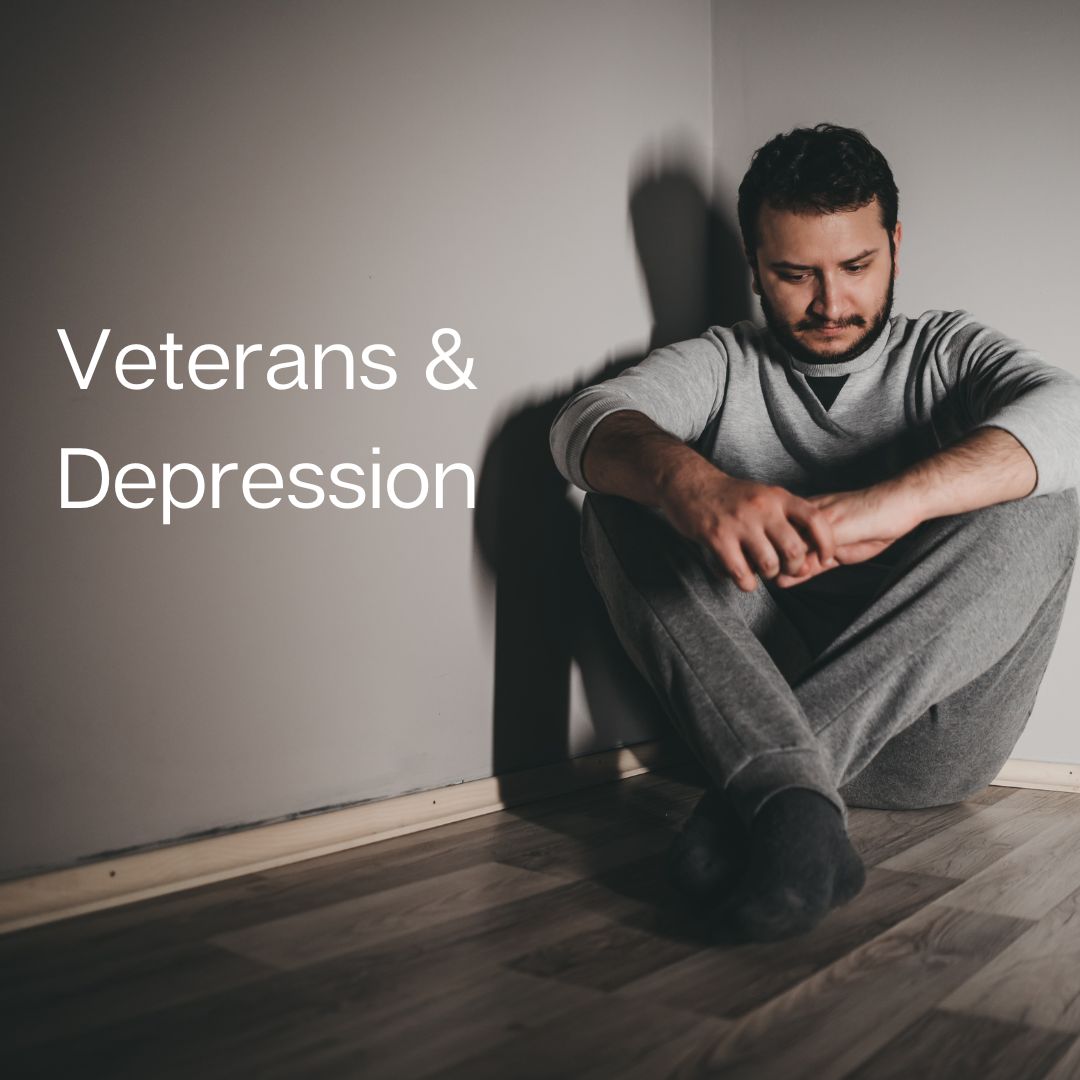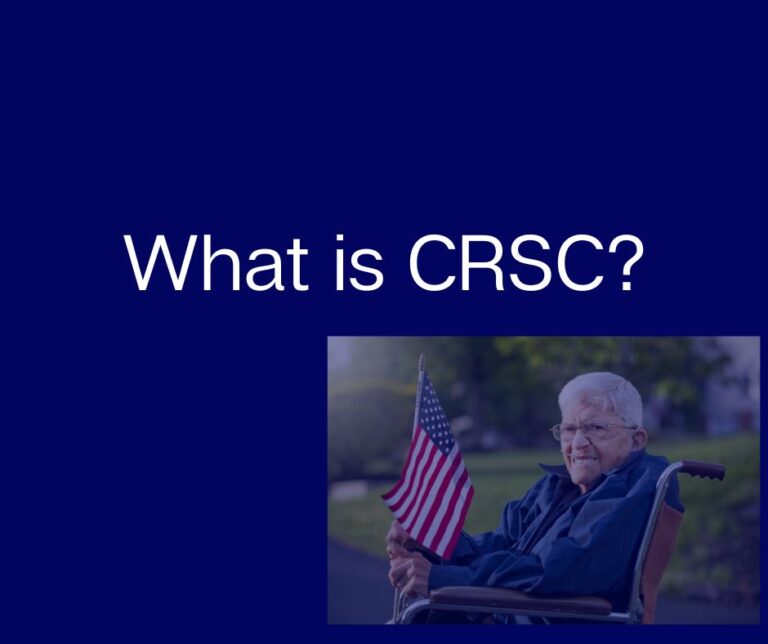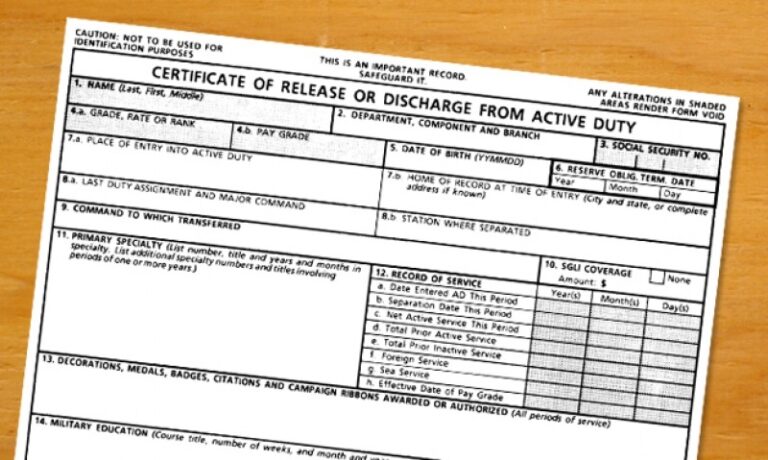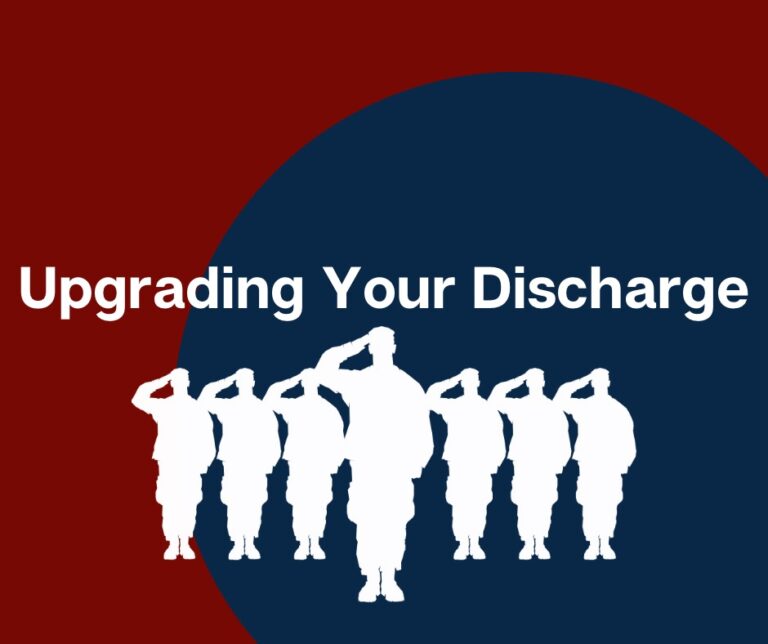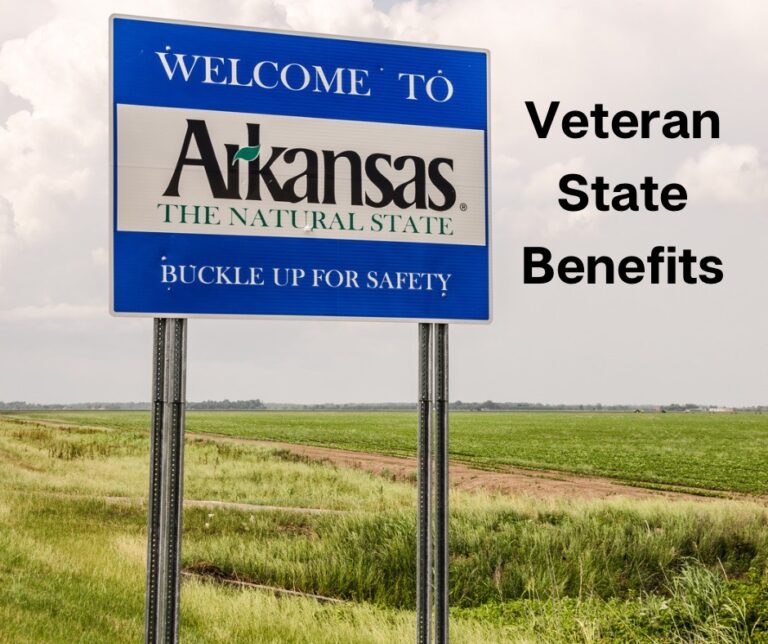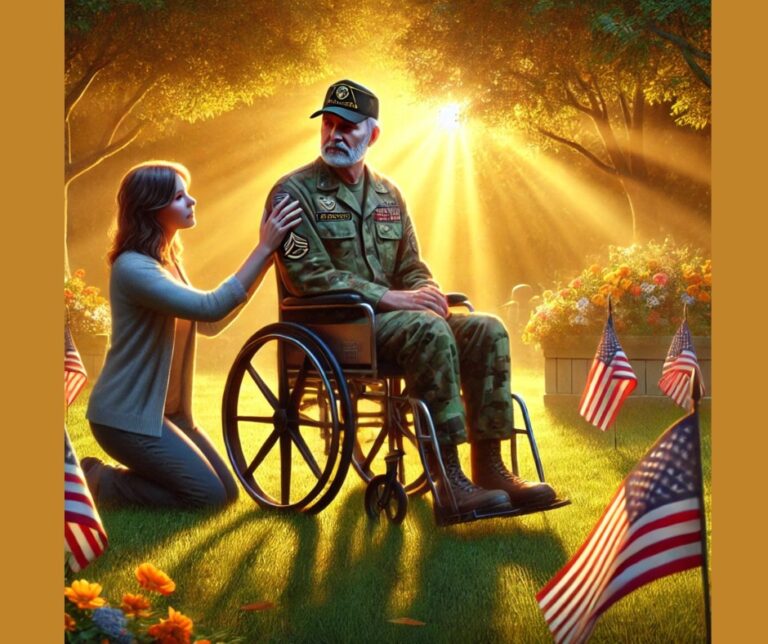The Inner War: Confronting Depression in Veterans
Depressive disorder, commonly known as depression, is a complex mental health condition characterized by a range of symptoms affecting a person’s mood, thoughts, and physical health. It is more than just a bout of the blues; it is a serious condition that impacts various aspects of life. According to Mental Health America, depression affects over 8% of adult Americans.
One study by a team in Palo Alto stated that Veterans are no more likely than civilians to experience anxiety. However, the VA has estimated that 1 in 3 Veterans who visit their primary care clinics have symptoms of depression, and 1 in 5 have serious symptoms. This means anywhere between 20% – 33% of Veterans seen by the VA exhibit symptoms of depression.
In either case, Depressive Disorder is a very real problem in the Veteran Community. Major Depressive Disorder has certain key signs, including:
- Persistent Sadness or Low Mood: Individuals with MDD experience a pervasive sense of sadness or a markedly diminished interest in activities that were previously enjoyable.
- Duration: These feelings last for at least two weeks, but often they persist for much longer.
- Impact on Daily Life: The disorder interferes with daily activities, work, and relationships.
- Additional Symptoms: Symptoms can include changes in sleep, appetite, energy level, concentration, daily behavior, or self-esteem. MDD can also be associated with thoughts of suicide.
- It’s important to note that MDD is more than just feeling sad or going through a rough patch; it’s a serious condition that requires medical attention. The exact cause of MDD is not fully understood, but a combination of genetic, biological, environmental, and psychological factors are involved. Treatment typically involves medication, psychotherapy, or a combination of both.
Treatments
The Veterans Affairs (VA) offers several treatments for depression for veterans, emphasizing a comprehensive and tailored approach to mental health care. These treatments can range from professional mental health services to more holistic care. Some of the treatments include
- Cognitive Behavioral Therapy for Depression (CBT-D): This is a structured, time-limited therapy that helps veterans develop balanced and helpful thoughts and behaviors.
- General Mental Health Services: The VA provides access to various mental health services, including treatment for posttraumatic stress disorder (PTSD) and the psychological effects of military sexual trauma, which can be integral in managing depression.

- Specialized Services for Women Veterans: Recognizing that women veterans may have unique mental health needs, the VA offers specialized services for depression among this group.
- Education and Support: The VA provides resources to help veterans understand depression, recognize symptoms, and learn about the available treatment options.
- These treatments and services are part of the VA’s commitment to addressing the mental health needs of veterans, with an emphasis on providing accessible, high-quality care.
- Guitars for Vets – Music helps decrease anxiety, increase self-esteem, and reduce episodes of panic attacks, nightmares, and flashbacks. A research study of Guitars 4 Vets students showed a 21% improvement in PTSD symptoms and a 27% decrease in related depression symptoms. The study attributed learning and playing guitar as the primary catalysts for these improvements, and we want to ensure as many vets as possible have that opportunity.
VA Rating for Disability
The VA disability rating for depression is determined based on the severity of the condition and its impact on the veteran’s ability to function. The VA rates depression under 38 CFR § 4.130, Diagnostic Code 9434. While specific percentages can vary, the general levels of disability ratings for depression are as follows:
0% Rating: Assigned when a veteran has a diagnosis of depression but the symptoms are not severe enough to interfere significantly with work or social functioning or require continuous medication.
10% – 30% Ratings: These ratings are given for mild to moderate depression, where there is some interference with work and social functioning, but the veteran is generally able to function satisfactorily.
50% Rating: This rating is for more severe depression, with symptoms like reduced reliability and productivity, trouble in establishing and maintaining effective work and social relationships.
70% Rating: Assigned for depression with symptoms such as suicidal ideation, near-continuous panic or depression affecting the ability to independently maintain minimal personal hygiene or more severe symptoms that affect work, family, and social life.
100% Rating: This is the highest rating and is given for total occupational and social impairment due to depression symptoms like persistent danger of hurting oneself or others, persistent hallucinations, or repeated inability to perform activities of daily living.
It’s important to note that these ratings are based on the symptoms’ impact on occupational and social functioning, and each case is evaluated individually.
The most important thing to know is that you do not have to face dealing with depression alone. There is help. The VA has clinics, hospitals, and Vet Centers that offer support, and there are many Veteran service organizations that offer support also. If you are suffering from the symptoms of depression, reach out for help.

